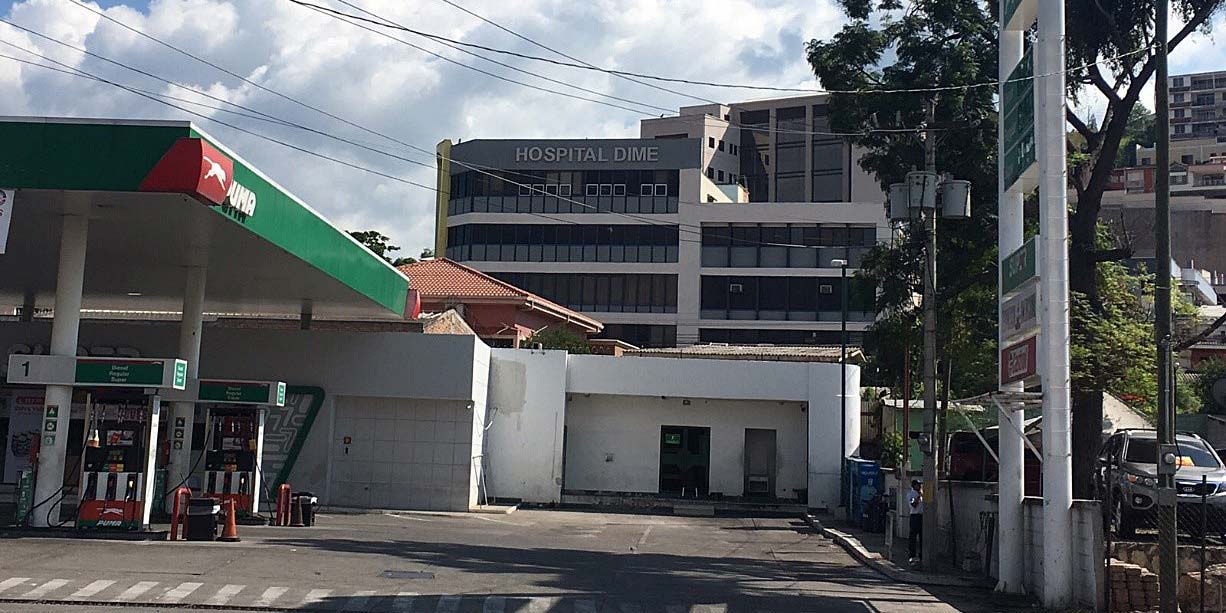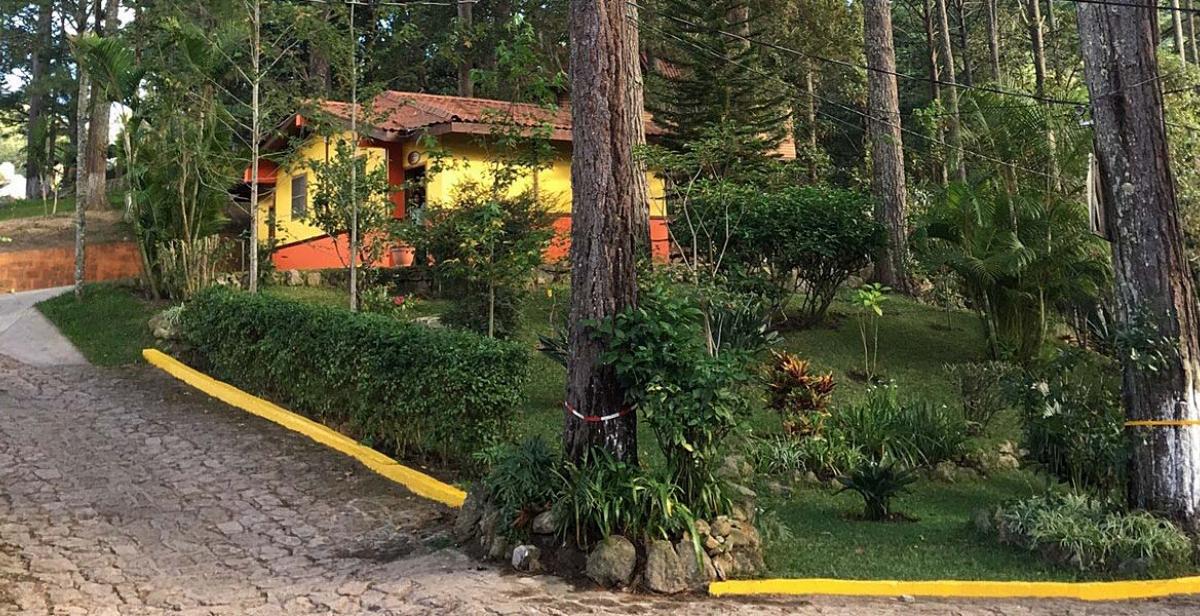“At some point during your placement you will end up needing to go to the doctor’s…” We were told during one talk at our in-country orientation. I scoffed at the idea – it had been years since I had needed to go to the doctor’s, and I had no intention of going during my three months in Honduras. Later that day Murphy’s Law took effect as I hurtled down a hill at full speed to land ungracefully on the concrete path below, resulting in a badly grazed arm and a very badly bruised pride. The exact cause of my fall is unimportant – suffice to say that my attempt to demonstrate my athletic prowess had precisely the opposite effect.
I was whisked away in the car back to Tegucigalpa to have my wounds tended to. As we neared the city centre, out of the passenger window I saw the general hospital looming towards us. It was a drab, greyish-brown building with a long queue of people waiting outside, a tangle of electrical wires lining the side of the structure facing the road. It did little to reassure me that the horror stories I had heard of medical treatments abroad were unfounded. A wave of relief washed over me as the car, rather than slowing down, continued past the general hospital and shortly afterwards pulled into the car park outside a private medical clinic.
Stepping into the lobby of the clinic immediately filled me with reassurance – the interior resembled that of a private hospital in the UK, all smiling receptionists and minimalist, contemporary design. Seated in front of a large, flat-screen TV showing Spanish-language children’s cartoons, I was called in to see a doctor within ten minutes. I was given every conceivable kind of treatment – antiseptic wipes, bandages, local anaesthetic, stitches, more bandages, antiseptic spray, painkillers, and antibiotics in case of infection. I was stunned by the attentiveness of the doctor and nurse who saw me, and the quality of the treatment I received. It’s amazing what good quality travel insurance can do.

The return journey gave me a good opportunity to see some of Tegucigalpa and the outskirts of the city. One thing that stuck out for me was how visible the inequality was – the existence of wealth in close proximity to poverty; luxurious villas down the road from wooden shacks, the ex-president’s enormous walled and gated compound nestled in the centre of the city, rivalled only by the impregnable fortress, which was the US embassy. As I mulled over the difference between the general hospital and my lovely private health clinic (for which I was extremely grateful – I gave an offering to the “god of travel insurance” later that day) I realised that I was not merely an observer to this inequality, I was part of it. I was here to experience Honduran society, but also insulated from it. The only reason I had been treated at the private health clinic rather than the general hospital was that I was lucky enough to have been born in the UK rather than in Honduras.
As we found out in a talk later that week, health provision in Honduras is generally poor. There is only one doctor per thousand people, and there has in recent years been a strong tendency to privatise healthcare facilities, which favours the wealthy at the expense of the poor. The quality of treatment I received at the private clinic, which was of the standard I have come to expect and consistently receive from the NHS in the UK, is increasingly out of reach for the majority of Hondurans.
If I take one thing back with me from this placement, it will be the appreciation that under a different set of circumstances it could easily have been me in that long queue outside of the general hospital.
Written by ICS volunteer Mark Normington



